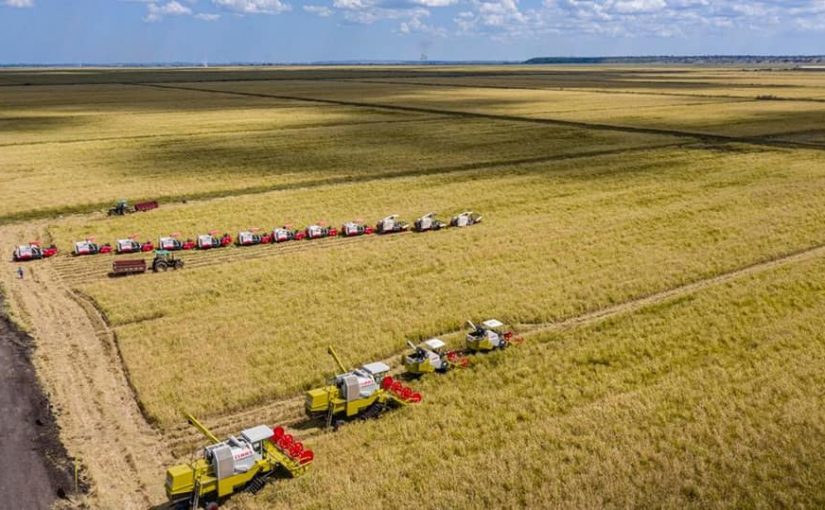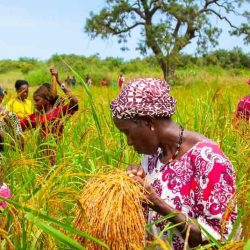Nampula, Mozambique: Mozambique’s agricultural sector is poised for a significant boost, with a promising harvest expected to yield approximately 21 million tons of produce. This surge in production is set to bolster both the domestic market and drive a robust export trade, particularly in cereals and legumes.
Alfredo Nampuio, Director-General of the Cereal Institute of Mozambique (ICM), overseeing production in Nampula’s most fertile districts, expressed confidence in the upcoming harvest. He highlighted the strategic partnerships with various entities, projecting that approximately 910,300 tons will be marketed through these collaborations.
A standout product in this agricultural success story is pigeon peas, with an anticipated export volume of 200,000 tons destined for markets in India and Saudi Arabia. Nampuio’s observations from his visits to key production areas suggest a strong harvest, ensuring a steady supply of essential commodities.
“We found that production in the districts we visited is satisfactory, which allows us to ensure efficient marketing,” Nampuio stated. “The milling industries have sufficient stocks of corn to operate until the start of the next agricultural campaign, ensuring the continuity of production activities.”
The ongoing harvest is expected to significantly contribute to food security in Nampula and across the nation, demonstrating the resilience and productivity of Mozambique’s agricultural sector.
During a tour of the industrial zone in Nacala, Nampuio confirmed ample stocks in key warehouses, including remaining produce from the previous campaign, which is slated for immediate sale. This abundance underscores the sector’s capacity to meet market demands.
Regarding exports, Nampuio clarified that there are no quantity restrictions for companies looking to export pigeon peas, provided they adhere to government regulations. “We encourage everyone who is dedicated to exporting so that we can sell as much of the production as possible,” he emphasized, highlighting the agricultural sector’s potential to significantly strengthen the national economy.
He further explained that licensed companies are already exporting pigeon peas to India without volume limitations, a move that is expected to enhance producer incomes and stimulate economic growth.
However, Nampuio stressed the importance of compliance with regulatory procedures, including registration, origin certification, and production tracking, to ensure adherence to food safety and statistical control standards. This commitment to quality and transparency is crucial for maintaining Mozambique’s reputation as a reliable agricultural exporter.




